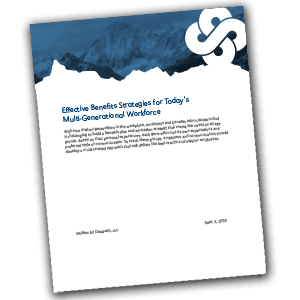Landing Page – EM Client Enrollment Season Target Q325
…services include items such as: Employer plan setup and renewal Participant enrollment and re-enrollment Participant demographics and status changes Contribution reconciliation Online/mobile claims adjudication Debit card claims adjudication Claims entry…










